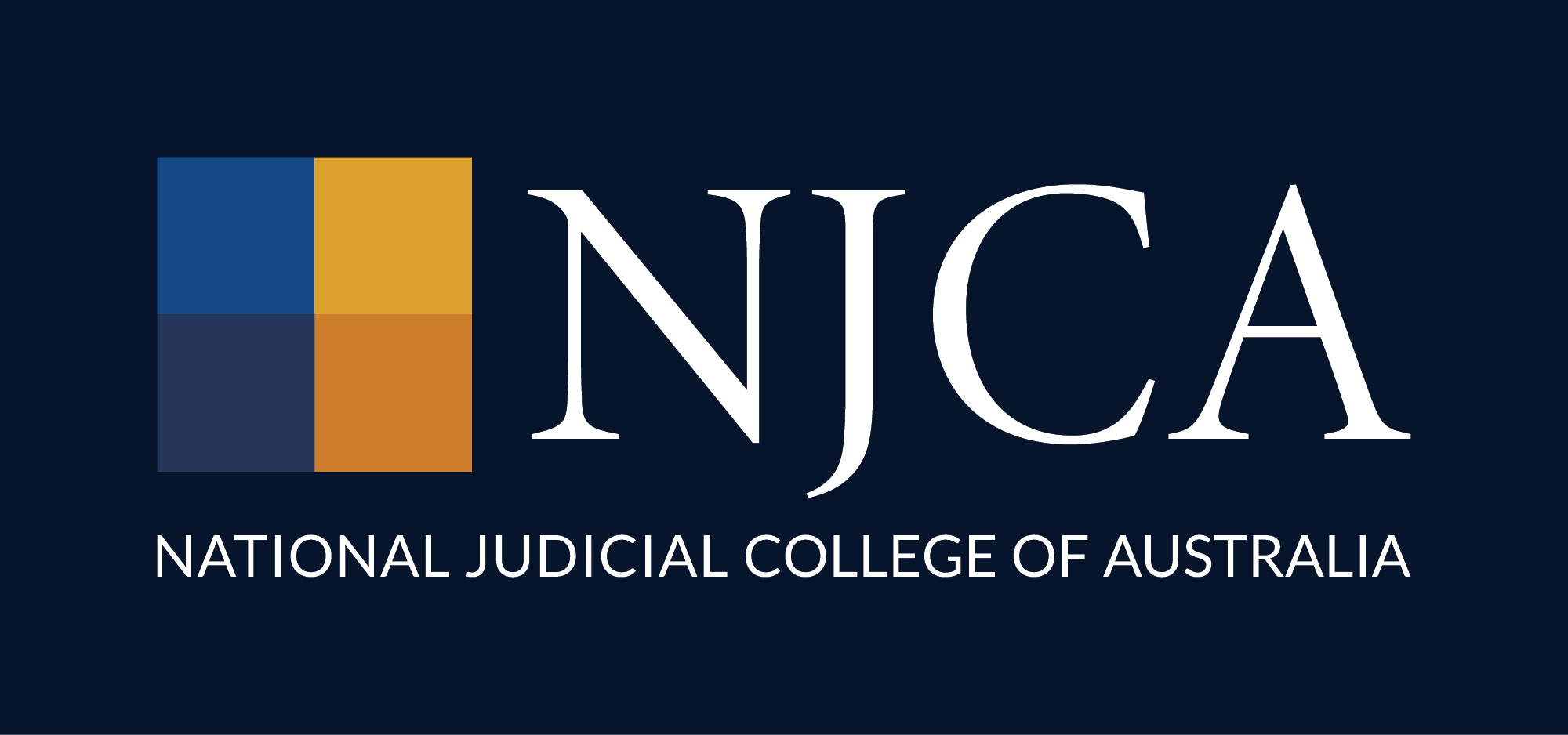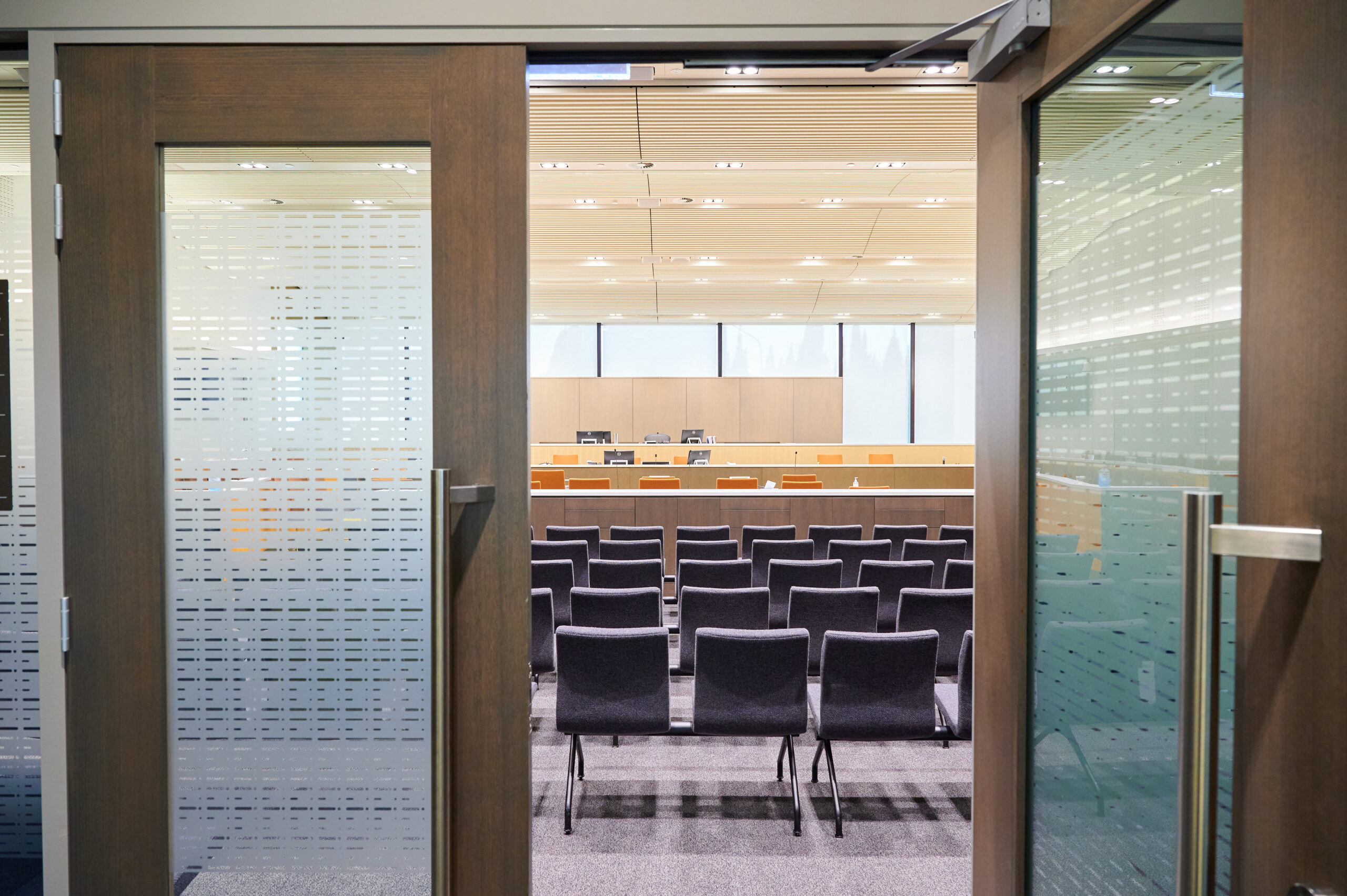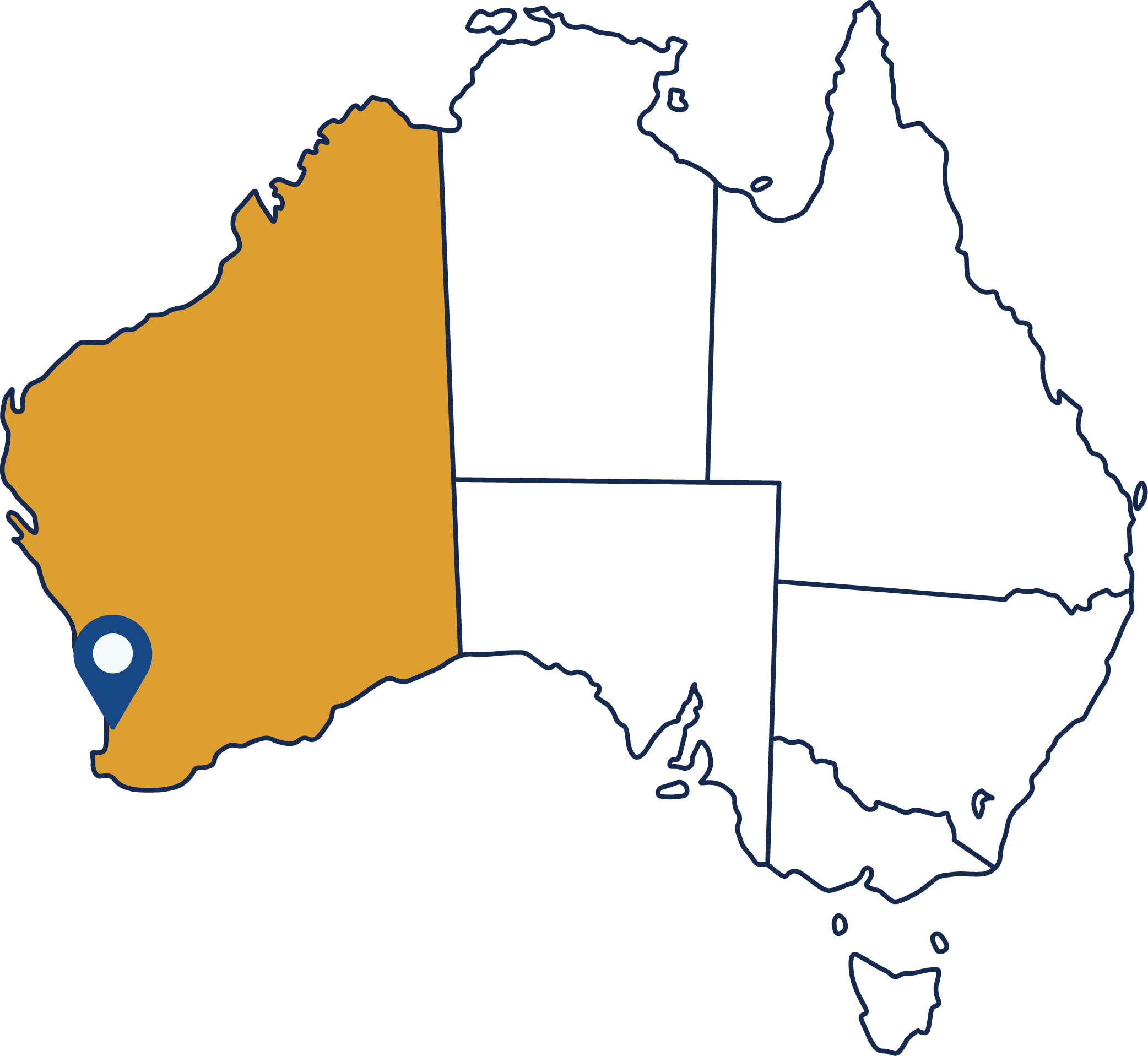27 Feb 2026
Perth
$1000
Judicial Officers
Accessible Judicial Decisions: Improving Clarity for Interpreters and Communities
“ From a pragmatic perspective, writing is good if it conveys what the writer wants to convey to readers the writer wants to reach.” Professor James C. Raymond, “Plain English for Judges”
The law touches the lives of all Australians, perhaps more directly than any other discipline. Ordinary people and communities are entitled to understand judicial decisions given about them or people close to them, written in a language they can understand.
“Perhaps accessible justice is a more fitting term than open justice. Accessible justice… includes practices such as using concise statements instead of complicated pleadings; developing accessible and digestible judgment summaries… Accessible justice is also enhanced through community engagement by judges and registrars, not only engagement with the legal profession. I suggest that accessible justice is the concept that applies to the new modern information landscape.” Chief Justice Mortimer, Reflections on the Concept of “Open Justice”, October 2024
This program is a must for judges and magistrates who want to optimise the clarity of their judgments.
Why should you attend this program?
Judicial decisions are not clear if no one understands it. Decisions obscured by legalisms and Latin, verbiage, or syntax so knotty that even the judicial officer cannot understand it themselves serves no purpose. Moreover, it is arguable that such a lack of accessibility erodes access to justice principles.
Best practice judicial rulings incorporate the essential components of procedural fairness. Judicial officers are not always good at using plain English. Moreover, although judicial officers “believe” they know what plain English is, their beliefs do not accord with the understanding of linguists and interpreters. In this one day bespoke program, experienced judicial officers, linguists and interpreters will work with participants to enhance written communication skills so as to optimise the accessibility of rulings for plaintiffs, defendants and communities.
Rules for plain English may heighten participant awareness, but the main ingredient participants are asked to bring is attitude and determination. Participants will receive individual, targeted feedback and best practice advice from language experts and seasoned and experienced judicial officers.
What will you learn at this program?
This is a hands-on, skills-based, experiential learning program. Participants will have the opportunity to submit a published ruling for review before the program. After targeted small group sessions and individual feedback from experienced judges, magistrates and linguistic experts, participants will then have time to redraft and reflect on possible communication changes to their approach.
Sessions will revisit the complexities and cultural taboos of working with aboriginal interpreters and interpreters in the courtroom. Judicial facilitators and linguists will work with participants to structure sentencing/reasoning remarks around:
- What order to present the information in (and why);
- What additional implicit/assumed legal information they should include; and
- Plain English re-scripting at the sentence level, and explanation of the changes.
Scaffolded, small group workshops will lead participants through plain English principles with a view to addressing the judicial learning outcome of using plain English material to optimise accessibility/comprehensibility of legal material, particularly for people who come before the courts and who speak English as an additional language.
- During this program, you will learn to:
- Enhanced efficacy and impact in your judicial decision making
- Improved productivity and proficiency
- Confidently deliver accessible and understandable decisions
- Address the complexities of judicial reasoning and written delivery to optimise understanding
- How is this program taught?
- This program is taught through a mix of plenary sessions and small group workshops.
How will these new skills help your court?
Public confidence in the work of the judiciary is essential to the administration of justice. The delivery at the end of a hearing, or very shortly after a hearing, of a well-reasoned, well-structured but accessible judicial decision only serves to demonstrate the courts and at its best.
Program Inclusions
- Program materials and content
- Morning/afternoon teas and lunch
The program fee DOES NOT include accommodation and/or travel. Participants are asked to make their own arrangements.
Meet your Program Planning Committee









